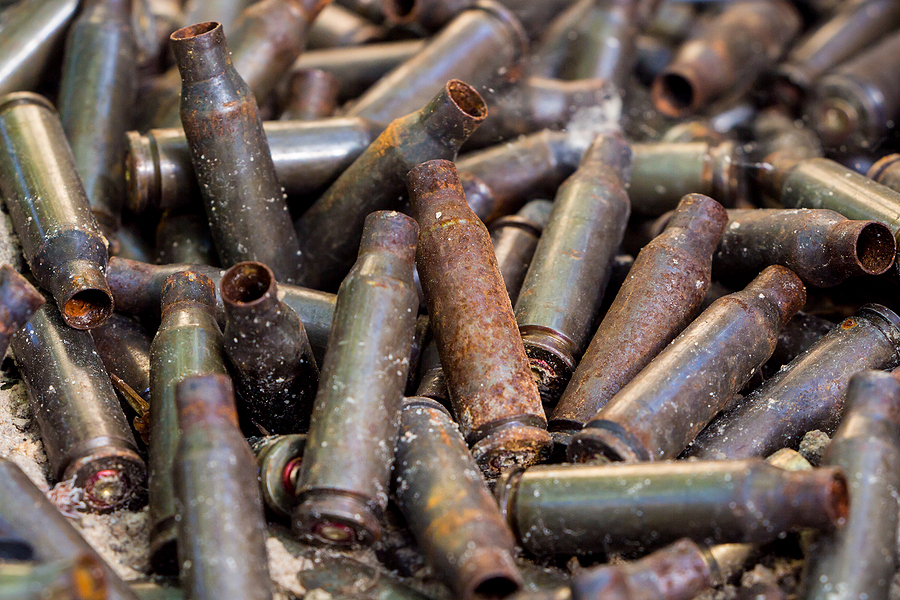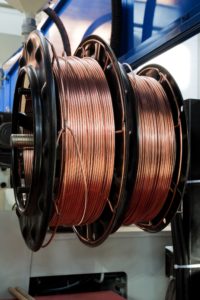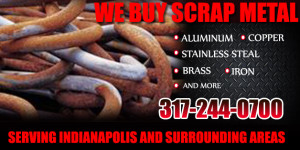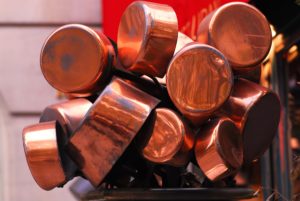The process of transforming used ammunition shells into reusable brass is a fascinating and environmentally responsible cycle. This piece will delve into the intricate world of ammunition recycling, a practice that not only conserves valuable resources but also significantly reduces environmental impact.
By recycling brass, we are giving new life to what would otherwise be considered waste. Stay with us as we take you through this journey of transformation, from bullets to brass, showcasing the careful art of reclaiming and repurposing used ammunition shells.

The Process of Recycling Used Ammunition
The ammunition recycling process begins with the collection of used shells from shooting ranges and other locales. The collected shells are inspected, sorted, and cleaned before being sent to a brass smelter where they are melted down to form rods or slugs. These newly-formed metal components are then transported back to a reloading facility where they undergo the next phase in the recycling process – sorting and separating according to size.
At the reloading facility, each shell is inspected for defects and graded according to various criteria such as size and manufacturer. In some cases, a metal refiner may be contracted to further refine the brass into higher grade metals for use in specific applications such as jewelry or coins. After this step, the shells are once again inspected for quality control, then carefully buffed and polished to ensure a consistent finish.
The final stage of the recycling process is loading the brass into new cartridges. This process involves inserting each individually-sized brass casing into its own cartridge before being sealed with a primer and loaded with powder and bullet. The reloaded ammunition is then ready for sale or use in target practice.
The Benefits of Recycling Ammunition
The recycling of ammunition is one of the most cost-effective and environmentally friendly ways to address the issue raised by discarded shells. By using recycled brass, the amount of energy required for production is significantly reduced since no additional material needs to be mined or extracted from its natural setting. In addition, reducing our reliance on newly-extracted material helps to preserve natural resources and limit our environmental footprint.
The practice of recycling brass also has a positive economic impact. Reusing ammunition shells eliminates the need for manufacturers to purchase raw materials, resulting in decreased production costs overall. This reduced cost is then passed down to consumers as lower prices. Additionally, the process of recycling used ammunition shells also creates new job opportunities in the industry, such as brass smelters and reloaders.
The Future of Ammunition Recycling
The process of recycling used ammunition is rapidly gaining popularity due to its many environmental and economic benefits. As more people become aware of the positive impacts that arise from this practice, recycling programs are becoming increasingly widespread. While recycling ammunition is an environmentally-friendly solution, it is important to recognize that guns and ammunition have a large environmental impact when used incorrectly or irresponsibly. As such, it is essential for all users of firearms to practice safe shooting habits and dispose of spent shells in a responsible manner.
How to Recycle Ammunition Near You
For those looking to become more involved with ammunition recycling, there are a few ways to get started. Many shooting ranges offer free brass exchange programs that allow shooters to trade in their used shells for new ones. Alternatively, reloading kits can be purchased from various online retailers and used to create your own recycled cartridges.
In Conclusion
No matter the approach taken, it is clear that ammunition recycling provides an important service to the environment and economy. By taking a closer look at this fascinating process, we can gain insight into how recycling brass can help reduce waste and conserve resources.
We hope that this inside look at ammunition recycling has provided you with the information needed to make informed decisions when selecting a method of disposal for your used or expired bullets. To get paid for scrap metal recycling in Indianapolis, contact Zore’s Recycling at 317-244-0700 to earn instant cash. We adhere to all best practices and EPA regulations for safe and responsible disposal.
Related Posts:
Tips for Cleaning and Maintaining Brass
Do Not Believe These Recycling Myths!
Educational Facts About Titanium Alloys




